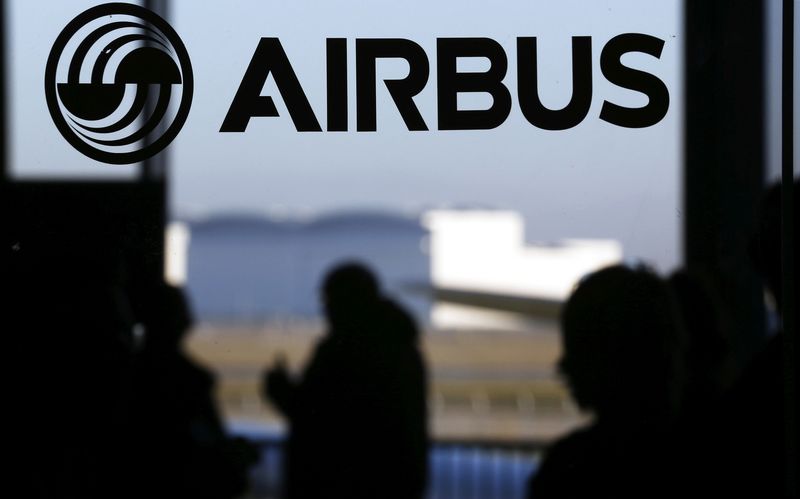By Tim Hepher and Jens Hack
PARIS/MUNICH (Reuters) - Airbus Group (PA:AIR) shook up the management and organisation of the A400M military transport programme on Thursday after the latest in a long series of delays and technical problems to beset Europe's largest defence project.
Chief Executive Tom Enders acted two days after apologising in Britain over the problems and promising to draw internal "consequences," in what appears to be a last-ditch effort to stabilise a programme facing possible new financial charges.
As part of the shake-up, the head of Military Aircraft activities, Domingo Urena-Raso, offered to step down from his post and will be replaced by fellow Spaniard Fernando Alonso from March 1, the company said.
But production of the aircraft, which has faced quality woes and difficulties in the integration of advanced military features, will be transferred to the defence division's Operations unit, which is in charge of quality management.
In a letter to staff, the overall head of defence and space activities at Europe's largest aerospace group said the A400M was in a "critical situation" and announced the creation of a new monitoring board under his command.
"We apologise to our customers for the delayed deliveries and performance shortfalls. They will be rigorously addressed and we will do our utmost to overcome them," Bernhard Gerwert said, according to the letter seen by Reuters.
Shares in Airbus Group fell around 2 percent on the latest problems with the huge turboprop plane, which could trigger financial provisions with annual results next month.
"Investors have been steeling themselves for A400M charges since at least the third quarter of last year," said Sash Tusa, aerospace analyst at Edison Investment Research. "This announcement suggests the risk is still on the negative side."
Announcing third-quarter results in November, Airbus said there had been delays in adding tactical features and refuelling on A400M aircraft, some of which would have to be retrofitted.
It did not rule out adding to the pile of 4.2 billion euros in provisions over the life of the 20-billion-euro project.
The incoming head of the Military Aircraft unit, Alonso, 58, currently runs Airbus commercial flight test operations and has worked closely on the A400M, the company said.
His predecessor Urena-Raso led negotiations that resulted in a 3.5-billion-euro bailout for the A400M project in 2010 from seven NATO nations: Britain, Belgium, France, Germany, Luxembourg, Spain and Turkey.
The bailout effectively rescued a project which had run into difficulty over engine problems, but failed to overcome problems of coordination and integration, people familiar with the project have said.
While struggling to overcome internal problems, Airbus has also been increasingly at odds with Berlin over delays to the A400M as well as a raft of spending cuts and export controls.
Airbus insiders say Germany's insistence on unusually advanced features for a transport carrier, including ground-hugging navigational software more akin to missile technology, were partly driven by a desire to protect domestic high-skilled jobs and ended up hindering the project.
Germany has long argued Airbus should meet its promises.
Urena-Raso "is a good manager but he was caught between the complexities of the German specifications, Spanish concerns over control, and Airbus in Toulouse who are fundamental to the whole project," a person familiar with the programme said.
Urena-Raso is likely to stay in Europe's largest aerospace company but the move is a setback for one of its most respected and charismatic executives, who was once seen as a candidate to run the Airbus & Space Division, now headed by Gerwert.

One analyst, asking not to be identified, said however that Enders had "missed a chance" to resolve the A400M problems once and for all by uprooting it from Spain, which has had the lead on military transporters since folding its CASA business into a mainly Franco-German merger that created Airbus Group in 2000.